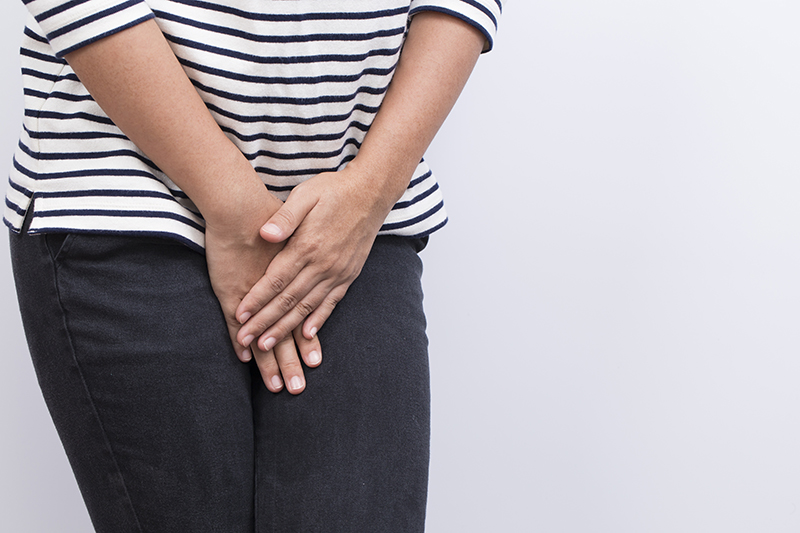
There’s not a restroom in sight — and you have to go. Is it dangerous to hold it in for an extended length of time?
Should you go every time you feel the twinge? In most cases, the only consequence that arises from holding in your urine is the discomfort you feel.
Depending on how hydrated you are, you should go to the bathroom every three to six hours. This varies based on the actual size of your bladder, your sensitivity, hydration habits and age.
Likewise, if you stay hydrated, which is the best way to flush out your kidneys, your trips to the bathroom will increase. But if you make multiple bathroom trips in a short span of time, or experience pain or unusual discomfort when holding in your urine or after you go to the bathroom, something else might be going on.
The consequences of holding it in
If you frequently wait to use the bathroom, you are more likely to develop severe urinary tract infections (UTI). UTIs occur when bacteria is present in your urine.
The following symptoms signal an infection:
- Burning sensation when you urinate
- Strong, frequent urges to urinate
- Urine leakage
- Blood in your urine
Holding it in because your urges to go to the bathroom have increased could also be a sign of overactive bladder syndrome (OAB). Affecting millions of Americans, OAB is a sudden urge to urinate that you can’t control. Some people might leak urine, while others will go to the bathroom and not have any urine at all.
Mike M. Nguyen, MD a urologist at Keck Medicine of USC and associate professor of clinical urology at Keck School of Medicine of USC, explains that overactive bladder syndrome could be caused by heightened sensation in the bladder. “Your bladder is more sensitive because of overactivity of the bladder muscles,” Nguyen says.
Treatment for urinary issues
The first step is determining the actual cause of the urinary condition. Your doctor will order a urinalysis test to look for germs and signs of infection. A urine culture will identify the types of bacteria in your urine and help your doctor determine the best antibiotics to treat your condition. A fever, nausea or lower back pain may indicate a more serious condition, and a blood test may be required.
Topics
